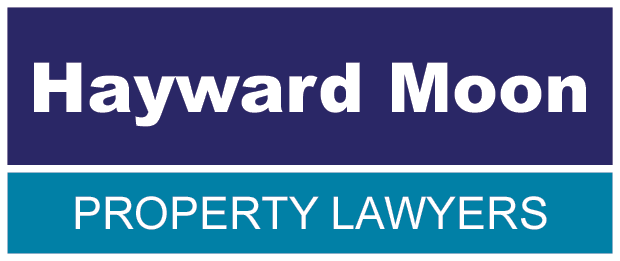There a few ‘common sense’ steps that you can take. Those recommended by the Legal Ombudsman include:
- Going back to the property a few times to look for any practical issues which might not be apparent from the paperwork; such as a shared drive or a right of way/footpath passing through the garden;
- Look out for any obvious signs of problems with walls, roofs or windows, which you may want to discuss with your surveyor;
- It can be a good idea to have a look at the street at different times and on different days. What looks like a nice quiet street on a Sunday afternoon might be very busy with the parked cars of local workers at 9am on a Monday morning.
General Information for Buyers
A Conveyancer’s Role
A conveyancer’s role is to look into the legal aspects of a house purchase and to ensure that the Buyer gets a good and marketable title to the property. The conveyancer is not responsible, for example, for the following matters:
- Building/structural issues with the house – a surveyor could advise on this;
- Working order of plumbing and/or electrics – a surveyor and/or a gas engineer could advise on this;
- Working order of plumbing and/or electrics – a surveyor could advise on this and recommend further specialist reports if necessary, which the buyer should arrange;
- The feasibility of future building projects such as a loft conversion or conservatory – the conveyancer can advise on any legal restrictions that may apply, but a surveyor or builder would be needed to advise on building practicalities;
- Establishing details of the chain of transactions – the estate agent would advise on this.
Survey
It is prudent to obtain a survey on the structural condition of the property you are buying. Conveyancers aren’t responsible for surveys. The Royal Institute of Chartered Surveys (RICS) website contains a wealth of useful information about the different types of survey. The most common surveys are:
- A Lender’s Valuation Report. This is for the benefit of the lender and is fairly narrow in scope. It is in fact not a survey. It’s purpose is to satisfy the lender that the value of the house covers the mortgage loan. Sometimes the valuer doesn’t even enter the house; instead doing what is known as a ‘drive by valuation’. Although the cost of this survey is usually paid for by the potential borrower it is only for the benefit of the lender and the buyer cannot rely on it;
- A Homebuyers Report – This goes into more detail and provides buyers with key information on core aspects of the house, highlighting any urgent/major issues that the buyer needs to be aware of;
- A full Building Survey – This goes into greater detail still, and the report can be tailored to meet the bespoke needs of a buyer. A Building Survey is the most expensive option however, and is often the most suitable for older houses or houses built using non-traditional construction methods.



